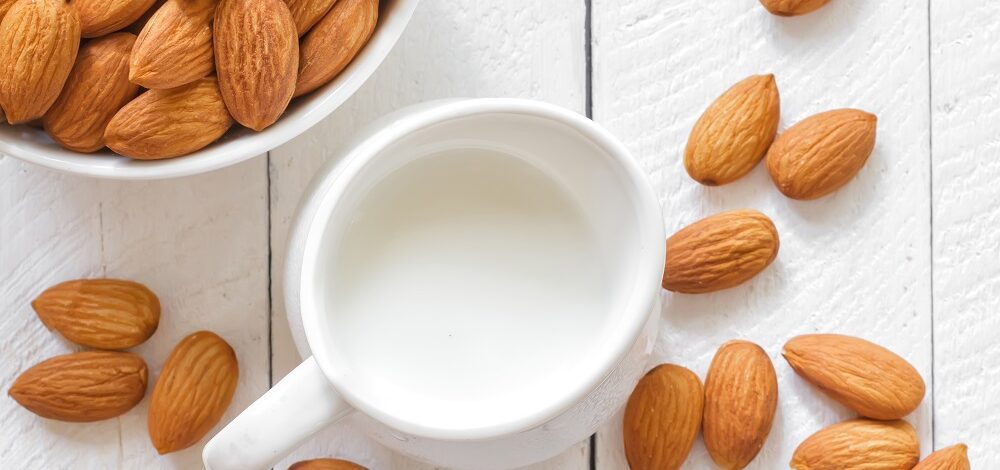
Lacks Needed Protein
Almond milk provides only 1g of protein per cup. That’s 240 ml. And while cow’s and soy milk will provide you with 8g and 7g, respectively. Protein is essential for many of our bodily functions.
Among them are muscle growth, our skin and bone structure, and our enzyme and hormone production. There are lots of dairy-free and plant-based foods out there that are high in protein, including beans, lentils, nuts, seeds, tofu, tempeh, and hemp seeds.
If you’re not trying to avoid any animal products, eggs, fish, chicken, and beef are all excellent protein sources. Just be sure to get in your required daily nutrients.
Note: Critics of fortified almond milk argue that although it’s rich with calcium naturally, plant-based milk products aren’t entirely absorbed by the body.
According to the American Academy of Pediatrics, this makes dairy milk better in offering bioavailability in terms of nutrients.







4 replies on “Almond Milk: 7 Benefits and 5 Side Effects”
Been using almond milk for several years. Really love it in my morning coffee.
I like almond milk in my coffee, but I cannot do unsweetened. I switched from coffee, mate to silk, almond milk, crème brûlée or vanilla. This is great and much better and lower in calories than what I was previously using. But unsweetened I tried, and cannot do in my coffee.
My son was put on a Low Carb diet to help with seizure control by his neurologist he recommended Unsweetened almond milk because it was low in carbs. Just so happened that I had been having digestion problems, my gastroenterologist told me that as we age we loose the ability to breakdown milk proteins so he suggested that I try Soy milk. I tried for a year but the matter only got worse! So I switched to Almond milk along with my son, and have had no problems.
Dairy is a mucus producing item. If one had sinus problems, almond milk WILL be your friend.